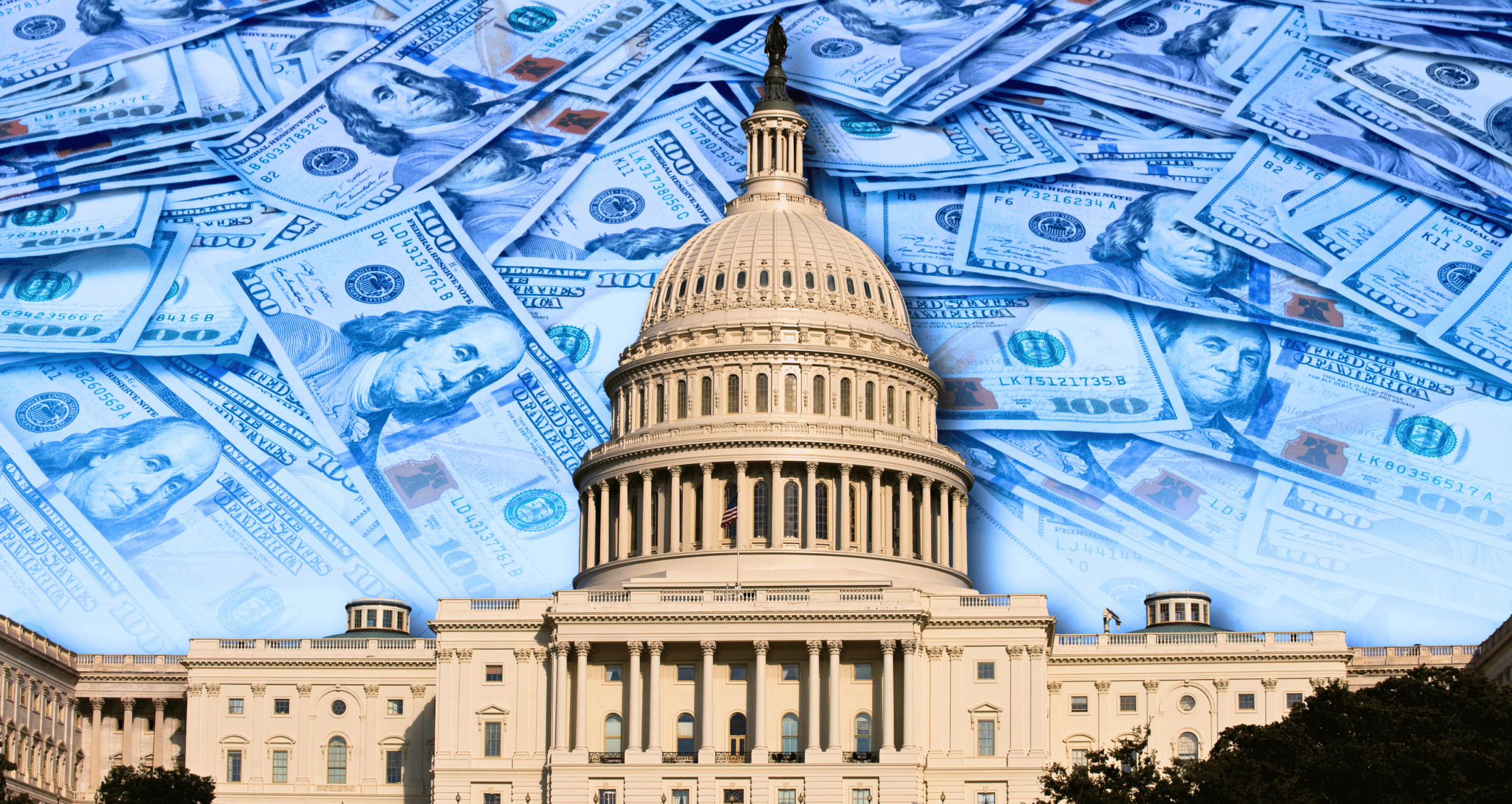On May 28, House Speaker Kevin McCarthy (R-CA) and President Joe Biden released the Fiscal Responsibility Act of 2023, legislation to suspend the debt limit until January 1, 2025. The bill marked the culmination of weeks of negotiation between the two sides to agree on a way to suspend the debt limit and include other legislative provisions as well. Not included in the deal was a provision that had been discussed to increase administrative barriers to Medicaid participation via increased work requirements and reporting, which Lutheran Services in America had opposed.
The package passed the House of Representatives on May 31 by a bipartisan vote of 314 to 117 and the Senate on June 1 by a vote of 63 to 36. The President signed the bill into law on June 3, narrowly avoiding the June 5 deadline when the Treasury Department had indicated the United States would no longer be able to pay all of its bills.
Key elements of the legislation of interest to our network include:
- Cap in spending: The bill will cap federal defense and non-defense spending for fiscal years 2024 and 2025, with non-defense spending receiving the greater share of the reduction. The deal will reduce those caps by another percentage in the event Congress does not pass appropriations bills to fund the government by January 1, 2024 and January 1, 2025, respectively.
- New time limits and work requirements for SNAP and TANF:
- The bill includes new, additional time limits for able-bodied adults without children (ABAWDs) receiving benefits from the Supplemental Nutrition Assistance Program (SNAP,) formerly known as food stamps. Current law subjects ABAWDs 18–49 years old to a three-month limit every three years for getting food assistance unless they can prove they are working 20 hours a week or 80 hours a month. The new law expands this requirement up to the age of 54. The bill does provide full work requirement exemptions for veterans, people experiencing homelessness, and those aging out of foster care.
- The bill expands work requirements under the Temporary Assistance for Needy Families (TANF) program. First, the legislation creates a new pilot program in up to five states for six years to measure “work outcomes” (as opposed to existing work participation rates) and requires the states and the Department of Health and Human Services (HHS) to negotiate metrics and targets. The legislation further requires that all states measure “work outcomes,” including employment and earnings. It is unclear how the states would administer this change. The bill also makes changes to the caseload reduction credit (which states can receive by decreasing the number of individuals receiving TANF relative to a fixed metric) in a way that could result in families being removed from the program entirely.
- Rescission of unspent COVID-19 funds: The bill will take back approximately $30 billion of COVID-19 aid that federal agencies received through multiple COVID-19 relief bills but had not yet spent.
- End of student loan repayment pause: The bill will end the student loan payment pause, requiring borrowers to begin repayment 60 days after June 30. This section also prohibits the Secretary of Education from taking any action to extend the current student loan pause absent express Congressional authorization.
Sarah Dobson is the Senior Director of Public Policy and Advocacy at Lutheran Services in America.
